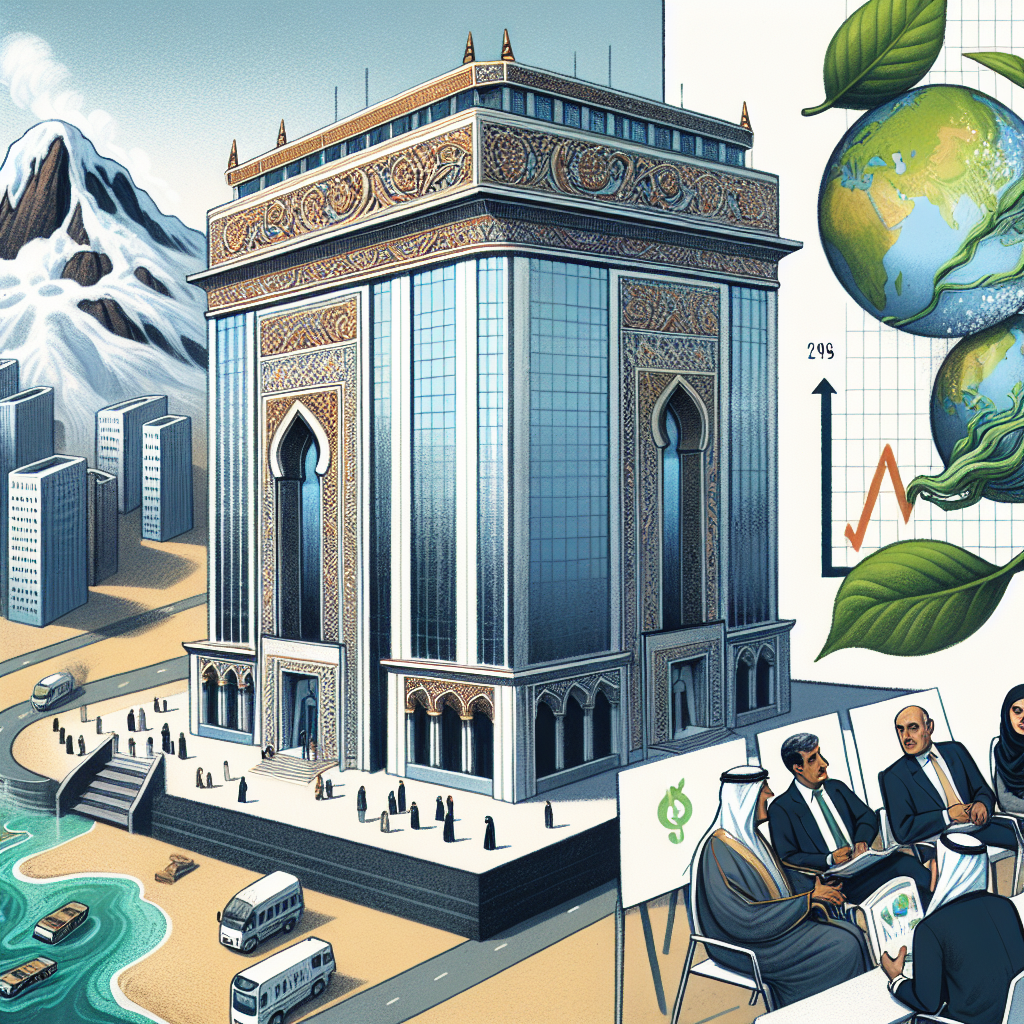Arab financial institutions, similar to their global counterparts, recognize the importance of incorporating environmental, social, and governance (ESG) principles into their operations to ensure long-term success. By addressing environmental risks, promoting social responsibility, and strengthening governance practices, banks are able to seize opportunities, manage potential risks, and contribute to the sustainable development of the region. This approach not only benefits the banks themselves, but also has a positive impact on the wider community.
In today’s world, where the effects of climate change and social inequality are becoming increasingly evident, ESG integration has become a crucial strategic requirement for banks. By actively mitigating environmental risks, such as reducing carbon emissions and promoting sustainable practices, banks are able to contribute to the preservation of the planet for future generations. This not only aligns with the values of socially responsible investors, but also helps to build a positive reputation for the bank.
Moreover, by promoting social responsibility, banks are able to address issues such as poverty, inequality, and human rights. This can be achieved through initiatives such as providing financial support to marginalized communities, promoting diversity and inclusion within the workplace, and supporting ethical business practices. By doing so, banks are not only fulfilling their moral obligations, but also creating a more stable and equitable society, which ultimately benefits the economy as a whole.
In addition, strong governance practices are essential for the long-term success of any institution. By adhering to high standards of governance, banks are able to maintain transparency, accountability, and ethical conduct. This not only helps to build trust with stakeholders, but also ensures the sustainability of the bank’s operations.
By integrating ESG principles into their operations, Arab banks are not only fulfilling their social and environmental responsibilities, but also positioning themselves for future success. This approach allows them to identify and capitalize on emerging opportunities, while also effectively managing potential risks. Furthermore, by contributing to the sustainable development of the region, banks are playing a crucial role in creating a better future for all.

